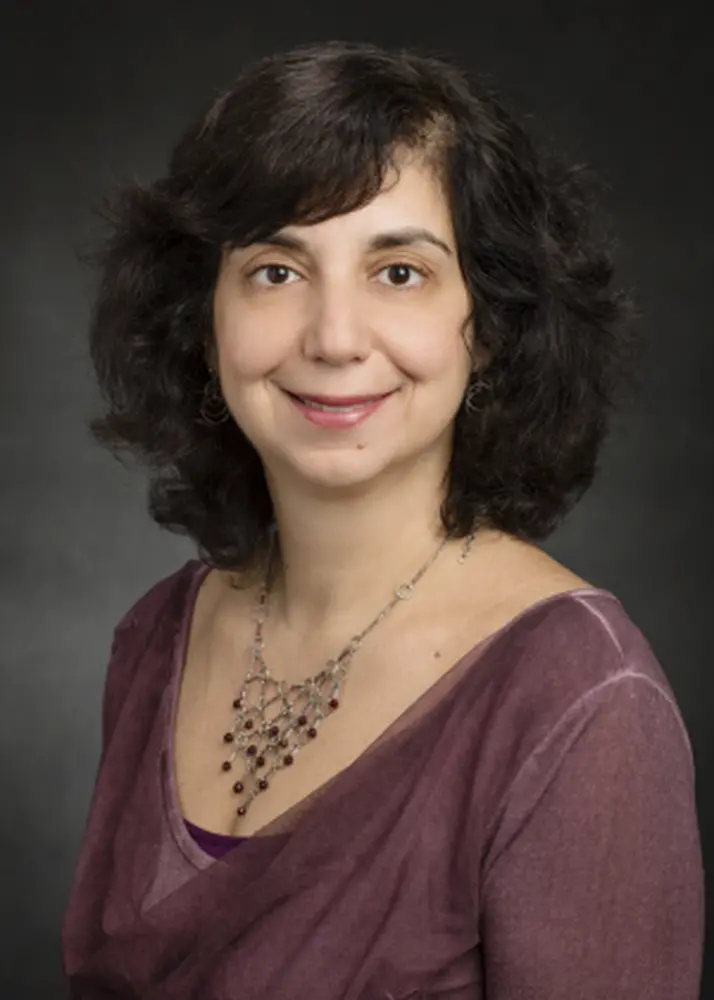
Professor Valeria Sobol from the Department of Slavic Languages & Literatures has been selected as the recipient of the Campus Award for Excellence in Undergraduate Teaching.
Sobol had already received the LAS Dean’s Award for Excellence in Undergraduate Teaching at the college level, and her nomination was submitted by the college to the campus competition.
“This is an extremely competitive award for which a select group of faculty members are chosen among all campus units. To win this award at the campus level is a recognition of Valeria's outstanding teaching skills and commitment to excellence in undergraduate teaching. Furthermore, this is a great honor for SLCL and a testament to the contributions of our faculty to this important area of the university’s mission as a land grant institution,” said Mariselle Meléndez, interim director of SLCL.
We recently caught up with Sobol and spoke with her about her work.
Can you describe your work within the school?
My work within SLCL is manifold. I teach courses for my department, which are often cross listed with the Program in Comparative and World Literature (CWL), and I get students from all over the university but also some majors from other school units, such as comparative and world literature or East Asian languages & cultures. I served as a department head for Slavic for five years, from 2017 to 2022, and was involved in many important meetings and decisions related to the school as a whole. Finally, I have served, more than once, on various school committees, especially on the SLCL Executive Committee, as well as on some staff search committees.
What impact do you hope to have on your students and department?
I hope that my students, no matter what their future career aspirations may be, come out of my classes with greater appreciation for literature in general and the literatures of the Slavic world in particular, as well as with deeper understanding of the region and its complicated histories and cultures. As for my department, I hope to provide maximum support to our graduate students and junior faculty to make their experience of academia, which can be daunting and alienating, as human as possible.
What do you enjoy most about your role?
I enjoy many things about my role as a scholar and teacher, but if I have to pick one, it would be the energy I receive from being around so many interesting, intellectually curious people that come from many diverse cultural backgrounds and experiences. This includes both my students and colleagues.
What’s your proudest achievement?
I would say that this teaching award (which I also received at the campus level) is one of the most amazing things that have happened to me professionally. I’m very moved by the support I have received from my colleagues and students during the nomination process. If I can mention two achievements, I would also add my prize for the best article in the field of Ukrainian history, politics, language, literature, and culture (2018-19) from the American Association for Ukrainian Studies. Ukrainian literature is my secondary specialization and having been selected for this prize out of a large pool of articles from so many disciplines made me incredibly happy and proud, especially now, when the war in Ukraine (my native country) is threatening its very existence.
Dania De La Hoya Rojas